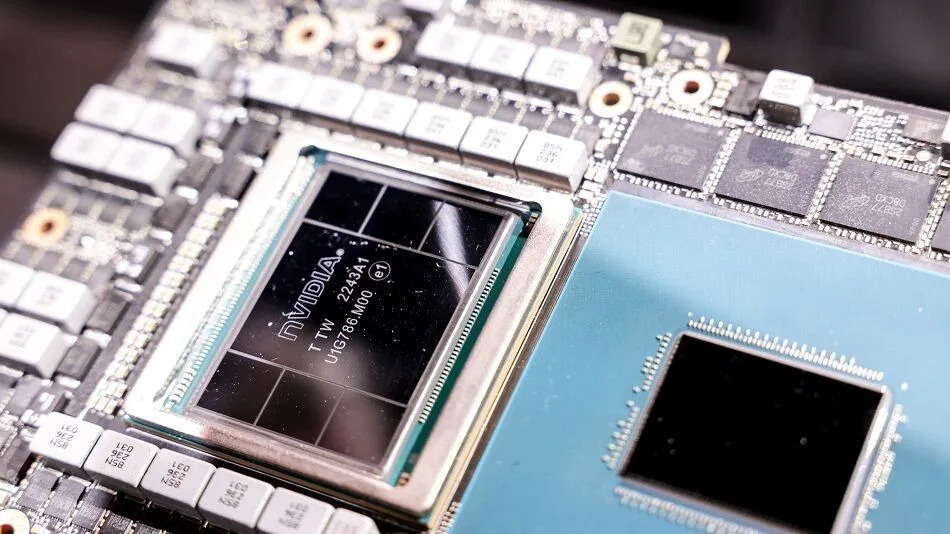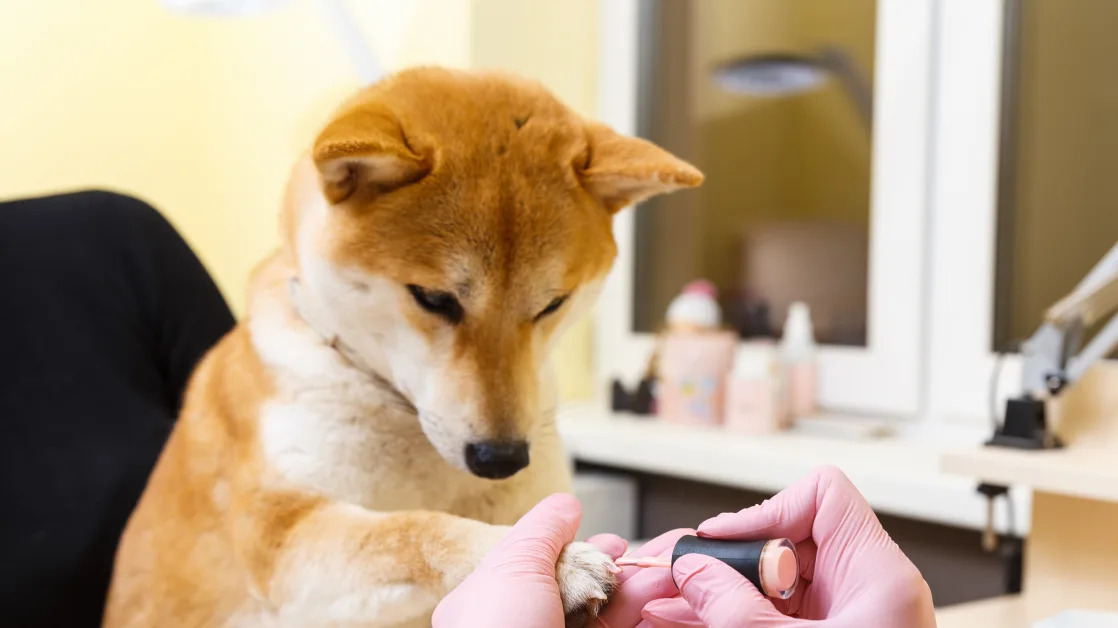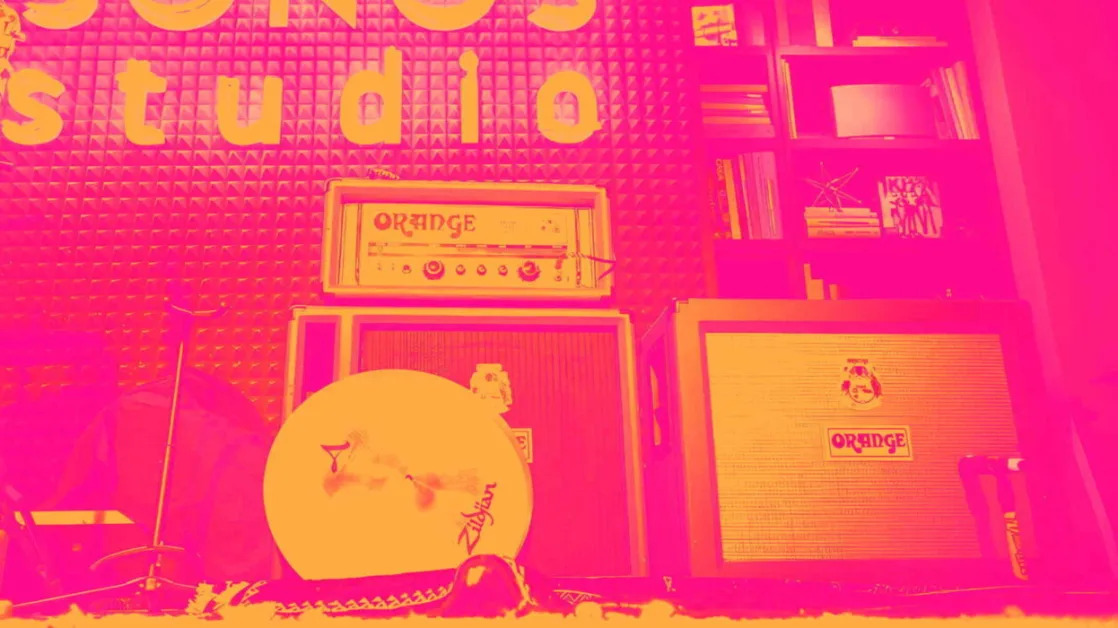BUENOS AIRES (Reuters) -Argentine inflation has dipped to 193%, landing below the 200% threshold for the first time in close to a year, data from statistics agency INDEC showed on Tuesday, as President Javier Milei's dramatic austerity agenda bears fruit.
Slowing inflation, pulled back in part by the government's dramatic public spending adjustments, has however come at the cost of consumption in a battered economy where more than half of the country has fallen into poverty.
Data from INDEC showed that monthly inflation slowed to 2.7% in October from 3.5% the previous month, its lowest since November 2021. The annual rate dipped below 200% for the first time since November last year.
While rent and utility costs drove monthly price rises, up 5.4%, prices in transport, food and non-alcoholic drinks rose just 1.2% from the previous month.
But the good news can be hard to grasp for Argentines who have had to tighten their belts to make it to the end of the month.
The government has slashed subsidies on public services, and increased public sector layoffs. Inflation is still very high by global standards and has contributed to a deep fall in purchasing power.
"Sales have been dropping a lot, perhaps people come more to buy on a daily basis, small quantities, and you can see the difference," said Maria Sunilda Correa, who works in a poultry store.
Consumers are buying less beef in the famously steak-loving country after Milei ended the previous government's freeze on beef prices. Beef consumption fell in the first six months of the year to its lowest level in 13 years, according to a report by industry group Ciccra.
"The price of meat has not gone up these months because there is very little consumption. As consumption goes down, sales also go down. And well, it is a bit complicated," said Gabriel Segovia, a 52-year-old butcher in Buenos Aires.





